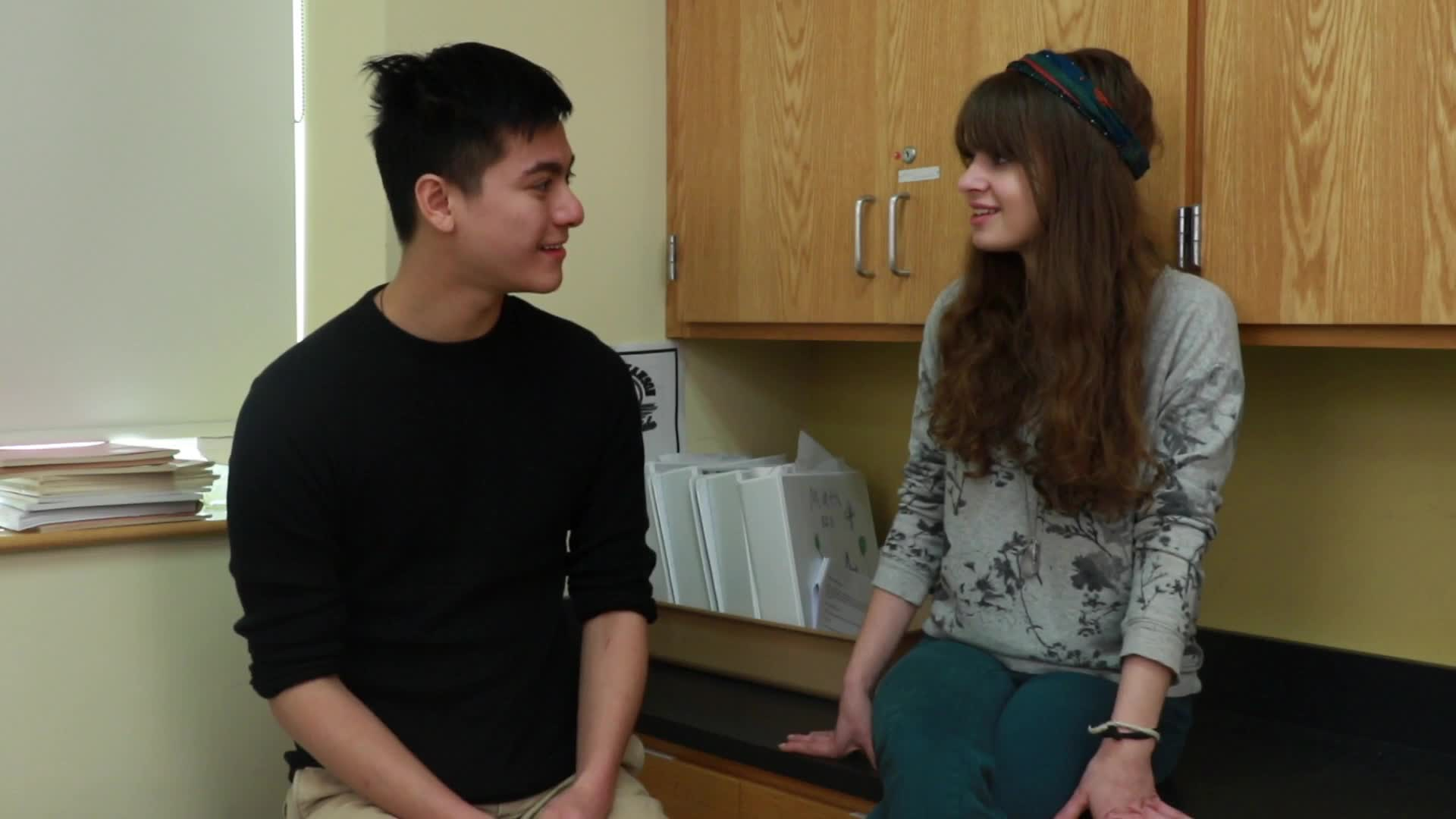
Introduction
Trust is a crucial aspect of any relationship, especially among high school students. One way that trust is built is by keeping secrets when someone confides in you. By respecting someone’s privacy and not sharing their secrets, you demonstrate that you value their trust. This blog post will explore an engaging no-prep activity and discussion questions to teach high school students the importance of keeping secrets and building trust, incorporating principles of Social-Emotional Learning.
No-Prep Activity: The Trust Circle
This activity requires no preparation or materials and is a great way to teach students about trust and keeping secrets. Here’s how it works:
- Have students sit in a circle facing each other.
- Explain that the goal of this activity is to build trust among the group by sharing something personal, but not too private, about themselves.
- Ask each student to think of something they are comfortable sharing with the group but haven’t told many people.
- One by one, students will share their personal information with the group. Remind them to listen carefully and not to interrupt.
- After each student has shared, emphasize that the information shared in the circle should remain confidential and not be discussed outside of the activity.
- Finally, discuss the feelings of trust and respect within the group after the activity.
The Trust Circle activity helps students understand the importance of confidentiality and the impact that keeping secrets can have on building trust in relationships.
Discussion Questions
After completing the Trust Circle activity, use these discussion questions to help students reflect on the importance of keeping secrets and building trust:
- How did it feel to share something personal with the group? Were you nervous or hesitant? Why?
- How would you feel if someone in the group shared your secret with others outside the activity? How would that affect your trust in them?
- Why is it important to respect someone’s privacy and not share their secrets without permission?
- Can you think of a time when someone kept a secret for you, and it helped build trust in your relationship? How did that make you feel?
- What are some strategies you can use to ensure you keep someone’s secret when they confide in you?
Related Skills
Teaching high school students about the importance of keeping secrets and building trust also helps develop other essential Social-Emotional Learning skills, such as:
- Active Listening: Paying attention and showing empathy when someone shares personal information.
- Self-Awareness: Recognizing the importance of confidentiality and the impact it has on relationships.
- Responsible Decision-Making: Choosing to respect someone’s privacy and not share their secrets without permission.
- Social Awareness: Understanding the feelings and perspectives of others when they confide in you.
Next Steps
Now that you have a better understanding of teaching high school students the importance of keeping secrets and building trust, consider incorporating more Social-Emotional Learning activities into your curriculum. To access free sample materials, including engaging activities and discussion questions, sign up at Everyday Speech.

